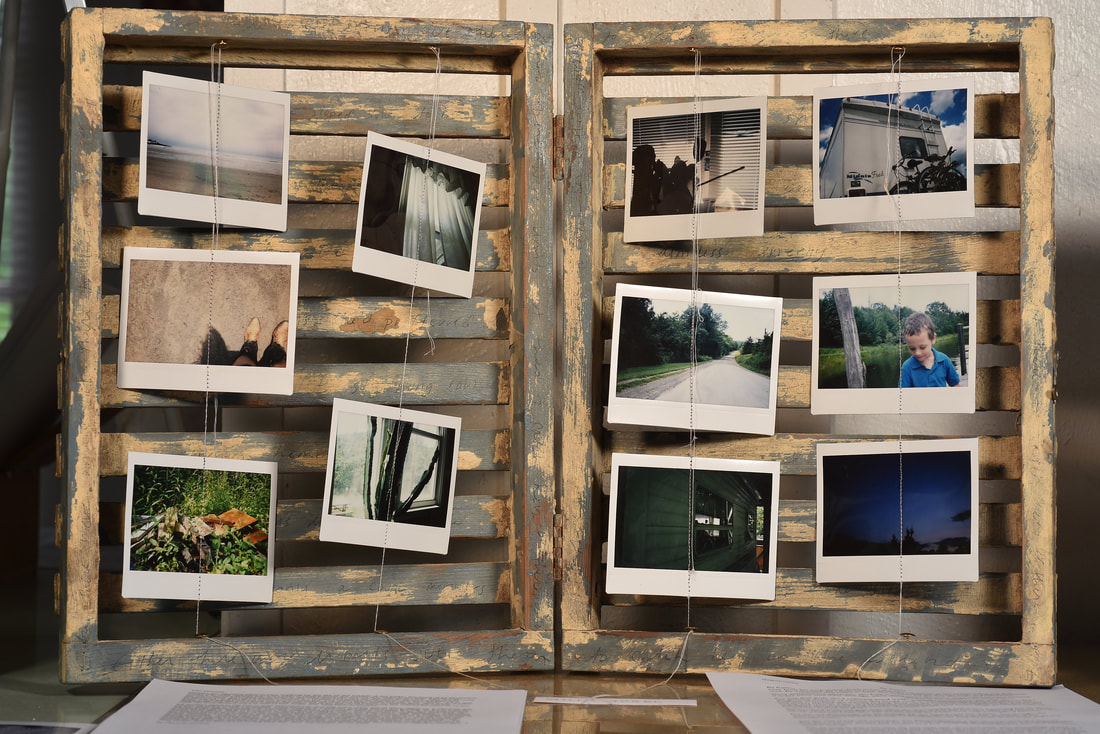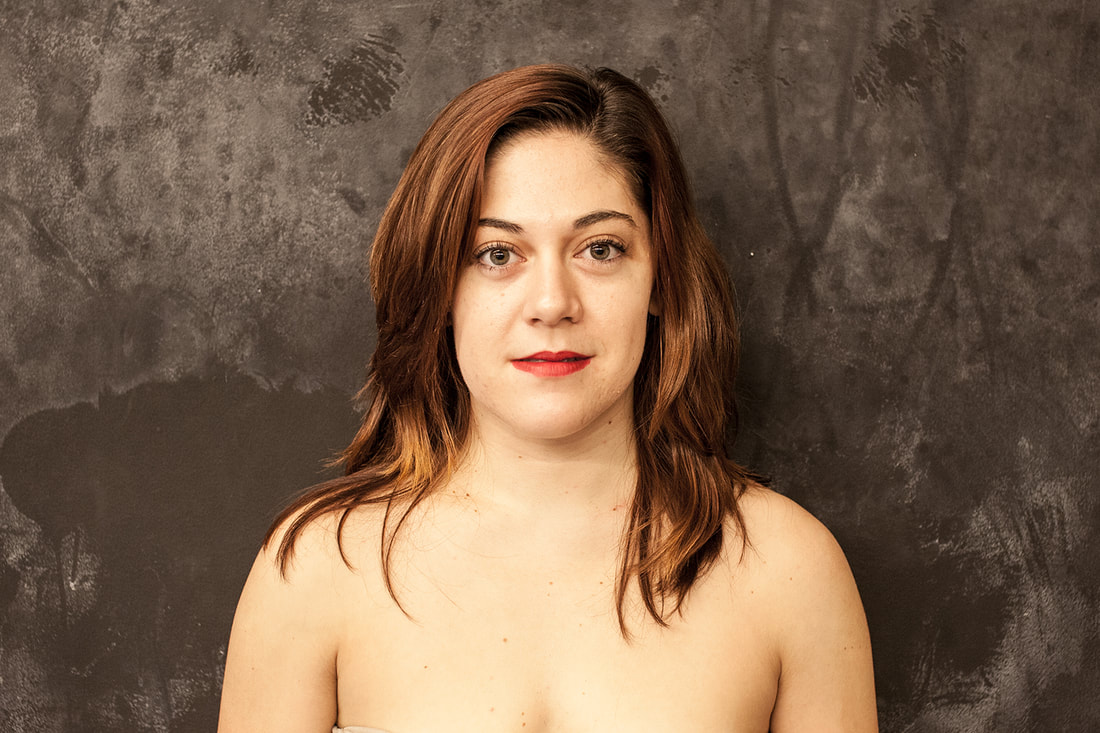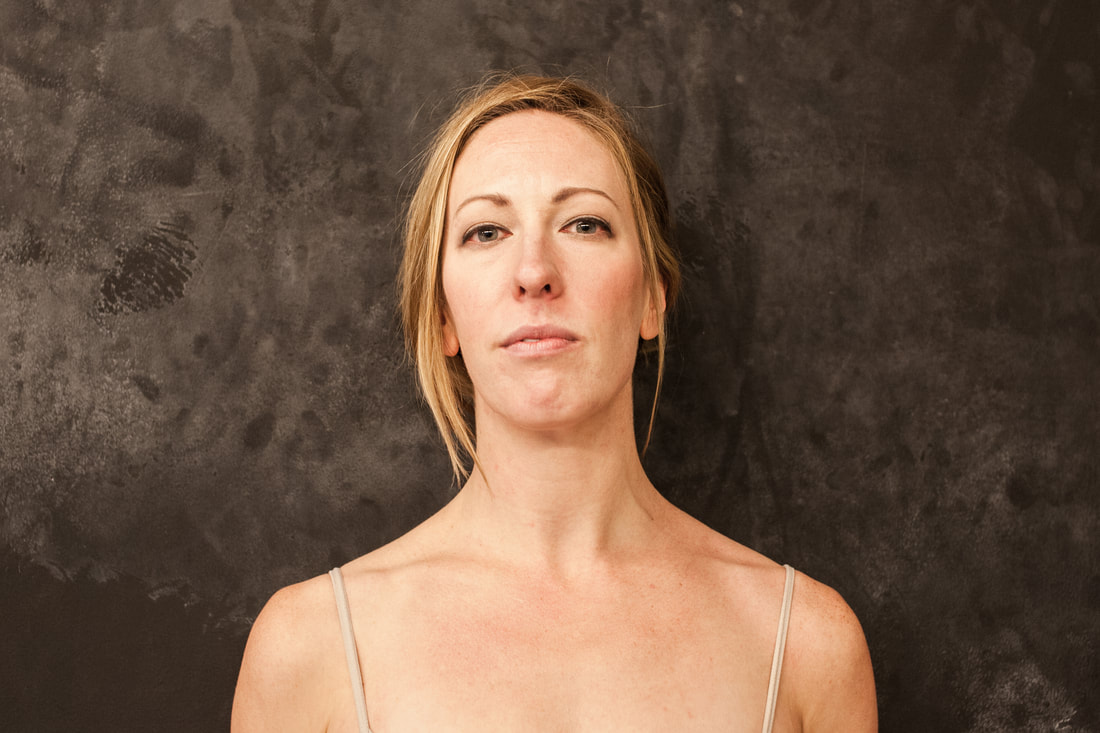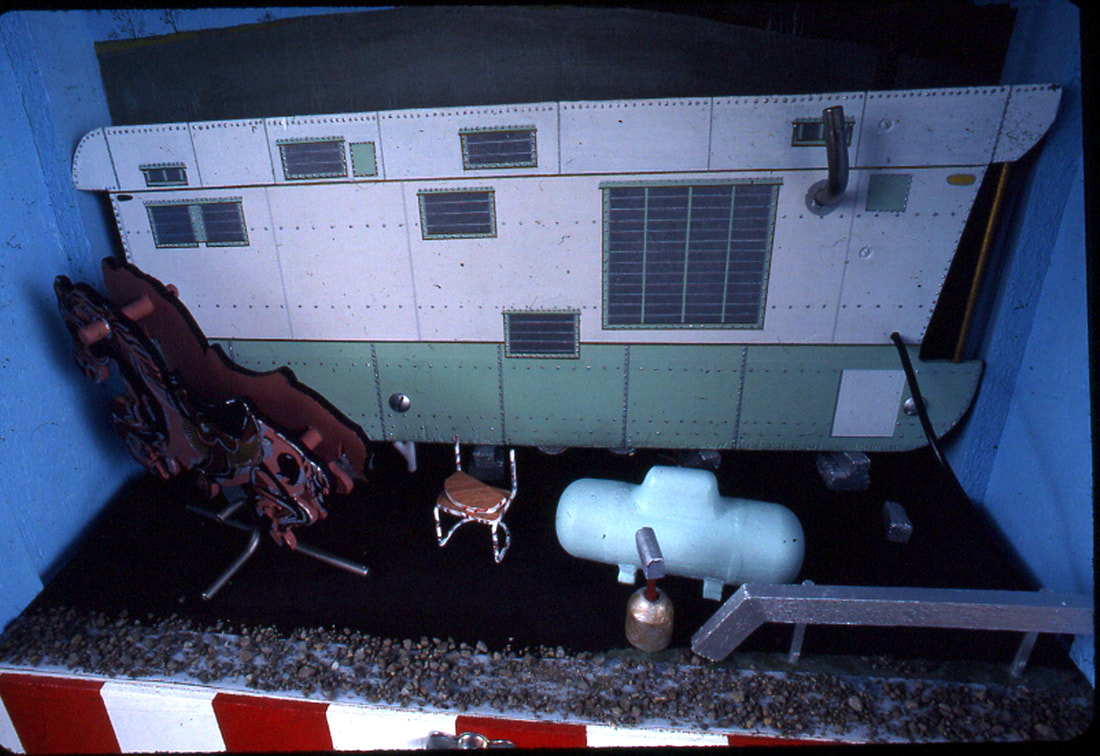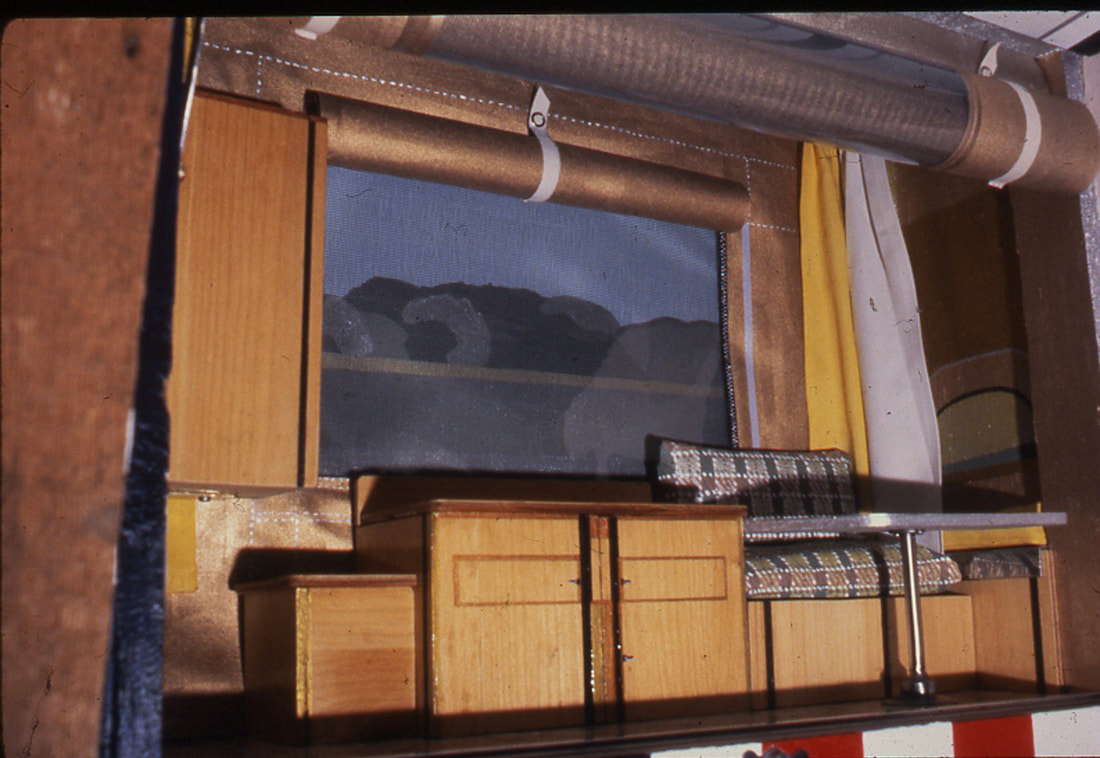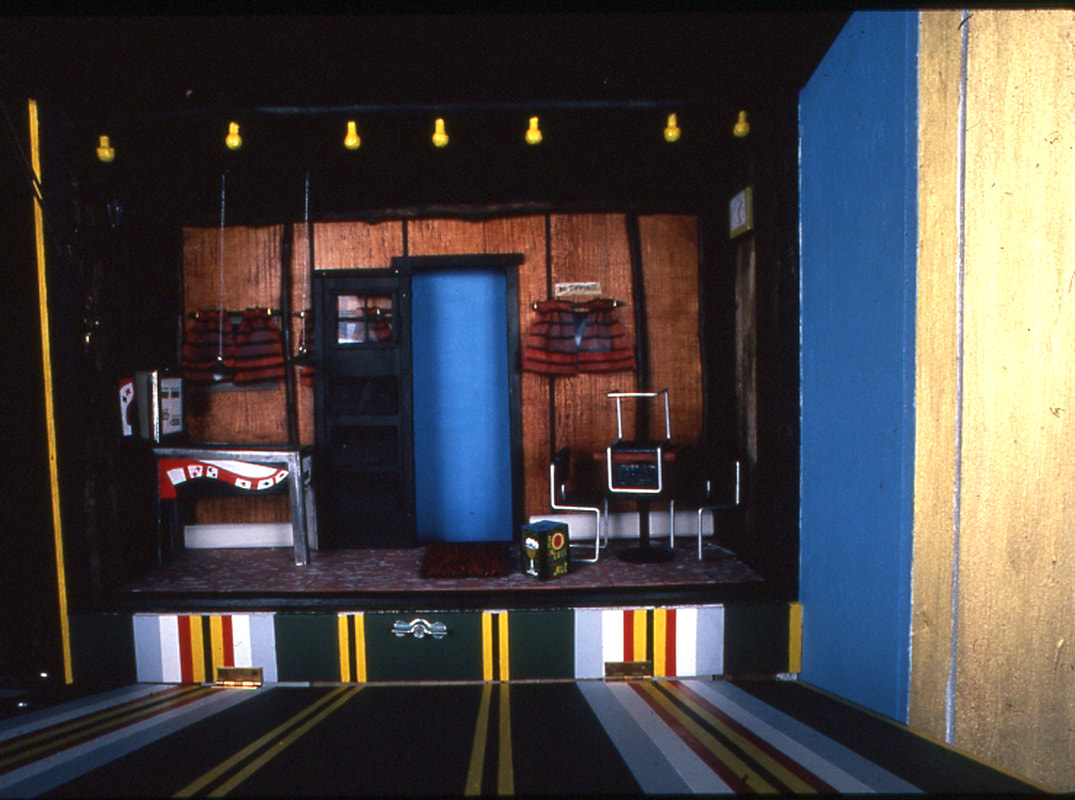|
**Please listen to the music below while you read this piece: composed by Ryan Hollister Small Escape
Chapter One “Pretty much everything here is free. Breakfast, lunch and even dinner, if you’re here late. Not just the food, though, stuff like pens, notebooks. Even computer peripherals. Basically the first thing everyone on my team does when they start is order a new keyboard. I’ll show you how to do that on your first day. There’s a webpage you go to where you can order pretty much anything and some guys upstairs bring it down. No cost to you at all.” Chapter Two I’m leaving home today. Mother is sitting across from me on the sofa we’ve had since as long as I can remember and, silhouetted against the dirty Chicago sunlight, I don’t feel much of anything. I’m reminded of a photograph my uncle once showed me of her as a youth in Islamabad riding a bicycle, a cigarette dangling carelessly from between two fingers of her left hand. In my lifetime that photograph is the only evidence I’ve seen to suggest that she had ever smiled. I have always envied that about her. Chapter Three The door closes behind me with a hollow whimper. It’s brand new, everything here is. The door, the counter tops, the track lights. It’s almost as if nothing had ever existed here before. Imagery of new modern ruins materialize in my brain; plantlife reclaiming the electric stove, vines dripping from the showerhead. My leather suitcases drop to the floor and I think how this gesture would have been more dramatic had it been performed just outside the threshold in the hallway, like the protagonists in films do when they’re trepidatious about their new lives. Chapter Four People are eager for me to describe my job on the rare occasion that I interact with the outside world. I struggle with this. At times I consider my job description to be ‘shedding long, black hair onto the headrest of a red upholstered chair’. It rarely matters, anyways. Mostly they just want to know what the office is like. This fortress of mystery; holed up in a cracker factory like royal squatters. Some day the peasants will eat us all. Chapter Five Everything really is free, there’s no limit to how much of any given thing you can take. I once witnessed a single man eat four large bowls of blackberries and each time the tray was empty, a cheerful man in a white chef’s coat would refill it from a fridge behind the counter. Perhaps there’s a sort of thrill being exposed to this opulence that wears off with time. I’ve started taking office supplies home with me. Post-It notes, pens, batteries. Things I don’t need. People pass in the hallway as I’m dumping fistfulls of double-A’s into my backpack and no one says a thing. Chapter Six Everyone lives here but at the same time nobody does. Chris, our project leader, suggested I get an apartment here because it is directly across from our office building. Looking out the window from my desk, I can see my apartment. It has become a sort of weird habit to stay later at work, maybe an extra hour or two, just to watch the people leave the office and walk across the street to their studio apartments. If I didn’t see it with my own eyes I would have to assume I was the sole occupant of 6480 Living Place. Walking through the hall at any given time save for before and after work, you’ll see no one. You’ll hear no one. Chapter Seven Arranged in my apartment window is a post-it collage of an 8-bit sprite from a video game I played as a child. It was an idea I stole from a tech blog. I can see it from my desk at work and a co-worker even posted a photo of it on our internal message board. The supplies all came from work, of course, but everyone seems to be heralding it as an artistic accomplishment. The large windows on the sixth floor by tech support have been gridded out for a similar group project. Chapter Eight They have begun work on a skybridge between the apartment complex and the office. Once it has been completed they will hermetically seal both buildings and we will exist only within the confines of this environment. I anticipate the announcement of the installation of a moat and drawbridge any day now. Chapter Nine Office supplies scatter across the beige carpet of my apartment as I empty the small cardboard box in a fit of anxiety. Taking up one of many Sharpie markers now displaced, this one is brown in color, I begin drawing little windows on the interior sides. With one of a half-dozen pairs of scissors from the sprawling pile I carve a door. After a few folds it even functions, more or less. I lay down an outrageous carpet of neon post-its. This feels good. Chapter Ten I break the unspoken rules of our culture as I venture out of our bubble unaccompanied by committee or group. I’ve searched the location of an arts & crafts store and embark on foot. My simple shoebox room has grown into a monstrous tower of sorts. Amazon boxes stacked atop each other, everything held together tenuously with scotch tape. As beautiful as it’s chaotic floorplan is, its asymmetry offends me. As an architect I can do better. Chapter Eleven “Did I see you walking down Forbes the other day, Amir?” She asks. I’ve never spoken more than a professional word to this woman and here she is questioning my movements. Nervously I nod, I mumble, I excuse myself. I question whether or not I should invest in a disguise. Maybe a hood, a beard I can put on when I roam the horrible streets. No; if a disguise is to be worn, it should be here in the halls of this office. I should wrap myself in an emotional hazmat suit to stave off the poisonous enquiries of these sterile monsters. Chapter Twelve A small village has sprouted from the remains of my initial effort. Perhaps not as daring as the structurally impossible tower I constructed with the scraps of corporate culture, the new dwellings are refined and understated. Single family homes pool together at the end of a cul de sac just a scale half-mile from a tiny Main Street. I, for a time, occupied a small efficiency above the coffee shop, but decided that I’d like to take up gardening and moved into a small two-bedroom home near the grocery store. My life is simple and quiet, here. I’m shielded, I am happy. Chapter Thirteen I watch the cursor flicker between white and black. Blinking in and out of existence. I can relate. Chris has asked me several times in the last month about the progress of my work and the last time he did I almost told him about the new venue that is opening up near the ‘Recliner Diner’, so named because of its proximity to the last piece of furniture remaining in my apartment. But I’m staring at a black screen with a cascade of white text, peppered heavily with parentheses and brackets. A revision history shows that it was last changed over a week ago, but it’s hard to concentrate on my inability to think in code when I’ve just thought of the perfect wallpaper pattern for the venue’s walls. Chapter Fourteen RE: BIRDFEEDER ATTRACTING PESTS Rather than employing a potentially hazardous poison in the courtyard area, I’ve taken the environmental initiative of deploying have-a-heart traps near the bird feeder to catch squirrels who are lured to our green space by the abundance of seed. I enjoy watching the birds from my windows, both at work and at home, and would rather put in the extra effort than see it vanish. I was, however, thinking it might be fun to start a sort of catch and release club. I’ll be transporting the squirrels to Frick Park as needed and would enjoy the company of other hikers as we introduce the animals to their new habitat. Anyone interested? Happy Friday! Chelsea O. Chapter Fifteen As of right now, no one has noticed the diminishing. Rather, no one has mentioned it to me. I can’t imagine the change will be visibly noticeable to the office staff for another week or two, at the very least. During this period it is my intent to furnish as much of Centerville as possible. Crudely fashioned living room sets made of scrap fabric and thick-gauge wire are being replaced. Using models I found on an open source repository I’ve been employing the office 3D printer to craft various chairs, televisions, refrigerators and the like all in garish primary colored plastics. Adam, in the seventh floor micro-kitchen, is talking to Kathleen about how the printer has been booked unfairly for days. “Must be a new hire.” She says, stirring honey into her Icelandic yogurt. “ They get so excited about it when they first start, but within a week the novelty wears off.” Chapter Sixteen The most difficult part of the process has been the effect my smaller hands have had on my ability to type. It’s not impossible, rather, just clumsy. Slower. Tiny, fresh fingers lack the same reach and I often end up hitting the ‘k’ where I’d meant to hit the ‘l’. Ironically I’ve found a renewed passion for my work, as I anticipate it to be my last opportunity to practice my career. It’s funny, as with life itself, once a finite deadline has been set you tend to cherish each day with a careless and precious handling of every insignificant moment. Chapter Seventeen Disaster. Perhaps I have exceeded my talents, but the functional model street lights I had wired around the town square intersection caught fire and damaged the clock tower -- the central and defining landmark of Centerville. While the damage is not insurmountable, it did bring into focus the fact that I neglected to furnish the city with proper emergency services. It has been twelve days since the diminishing began and I’m not entirely certain I will have enough time to establish the proper services. Chapter Eighteen I have stopped going to work altogether. My size has rendered me, by comparison, a comical facsimile of a human being. Feigning an illness, it did not matter which, I have excused myself from the office for an indeterminate period of time. I do not intend to return, but, in the event that my diminishing takes longer than anticipated, I would prefer to maintain the income. I am still able to submit work, though it is not expected of me during my sick leave. Chapter Nineteen “Mother, this is Amir calling from my new apartment. I’m aware that it is late…” I pause, considering whether or not this is a necessary phone call; whether or not this is a goodbye. “Mother, I remember when I was young - not my first memory of you, but I was young - I looked into your sienna eyes. I could see, there, the latticework of mortar, strong and fresh. That wall spanned the infinite length of your iris, it held your world complete. While, in a sense, I have never truly known you, this is the most important thing you’ve ever taught me. We’re all architects in our own way; you and Jalna and I.” As I chew the truth of my prepared closing statement the phone interrupts my reflections, asking if I need more time. I press the number key indicating that I do not, and hang up. Chapter Twenty Still too large to go inside any of the buildings, I am now able to walk the streets of my creation with some sense of regularity. I have spent the better part of the day opening doors, testing benches for structural integrity, matching my might against the walls of various buildings. While, mentally, I had lived in many of these houses, being here among them as a resident left me feeling rather out of sorts with my creations. The dream home I had spent the most time building now seems to belong to some stranger. Laying on a park bench, the tiny ridges of the printed plastic cut into my back and shoulders and it occurs to me that I am still falling asleep staring at the same ceiling. by Fredrick R. Arnold III Hana, man, mona, mike; Barcelona, bona, strike; Hare, ware, frown, vanac; Harrico, warico, we wo, wac. I fell backwards from my fragile chair, not unusual for me, I fix things for a living so at home I like the freedom of disordered and broken things, I find comfort in it. I was never the goose on the playground, always the duck... like the kind of duck you see in the window of a Chinese deli in San Francisco hanging amongst brothers, it's not sad, each one is waiting to be freed from the hook, ready to become the antagonistic goose. As I lay there on my back looking up at the corrugated metallic horizon of my home It occurs to me... a tiger won't holler and a duck is no match for a goose. My story isn't sad, it's not even a story so much as a thought or the feeling you have when you play with your sibling jumping from chair to couch to chair, feet never touching the ground. You know all along that the lava makes it fun, you know that you can open the heat register and free your mini-figs from lego jail, you know that paper and scissor will never be a match for rock. I put the ashes in my pockets instead of the posies, my chair isn't broken because we all fall down. by Whitney Menzel video & choreography by Kristen Merritt
In Motion Monologue I can’t remember for the life of me, the last time I stayed put. By the time I was 10, I’d lived in 5 different homes. Seemingly nomad-like, I grew accustomed to a life of being on the move. Laying foundations one moment then uprooting the next. By the time I was 15, I’d become agitated if we’d been in one place for more than 2 years. Like an allergic reaction, I’d itch and get anxious and feel the walls closing in on me. It also didn’t help when Mum and Dad were racing up and down the stairs hollering at each other. Hollering? I put that lightly. More like full on screaming matches followed by objects hurtling through the air. I became so numb to it like background noise – a soundtrack to life per say. As long as I wasn’t directly involved, it wasn’t my problem. Having said that, it was inevitable that I’d become a direct target of my mother’s accusations and abuse especially when Dad had enough and crashed at my uncle’s place for 6 months straight before getting his own place. To say that period in life was a dark time is an understatement. It was perpetual, agonizing and plain confusing. Brainwashing is no joke and once you’ve reached the point where high school feels like the best 8 hour escape of your life per week, you really start to lose grip of what true joy is and start to question if you really are worthy of happiness. Fast forward 10 years, I’d somehow managed to climb up with hands on work experience, sorted myself a decent job with good pay, rented out a great apartment and had not spoken or seen my mother in 8 years by this point. I remember having nightmares and being flooded with guilt about not being able to withstand the physical beatings. I often told myself I’d chickened out. It just hurt too much both mentally and externally. There’s so much battering and bruising your psyche can take. You naturally burst and have enough. So, I left…just like that. I can say I’ve tasted momentary freedom a couple times to say the least. While naturally fleeting, there’s always a crash. Without guidance, the concept of freedom transcends into repression. Suddenly, you look around and see solid communities and friend’s families looking at you funny because you’re used to serving yourself first and putting others second. You are the only thing that matters to yourself – to keep surviving. Out of the rotating partners, fair weather friendships and hazy nights under the influence, the one thing I couldn’t shake off was not being able to stay put. I knew once the agitation and itching set in, it meant having to uproot yet again. I’ll never know where I’m heading in those moments but one thing I know for sure is to keep moving. By: Karina Curlewis performed by Ashley Wilson
By Texas By Kansas, her neck sloped down to her shoulders as gently as the prairie rolled out and away from the road. By Oklahoma, her heart was a plateau she was ready to push everything over. By Texas her skin began to peel. She stopped for gas and almonds and sunscreen. She’d wanted it her whole life. She built it once when she was a child, and had been revising it in her mind until three days ago, when she signed over her Tercel as down payment. For that first draft, she’d collected wood scraps from the construction site next door – from the growing skeleton of a house that would soon harbor the freckled shit-wad who would publicize everything she wanted to keep from view, so that her life became a series of deeper and deeper retreats. Then, in a Dumpster behind the JoAnn’s, she found scraps of linen and burlap and vinyl that she used to cover the miniature windows, to upholster the tiny bench seat where she dreamed a real version of herself would read books while mountains rose up behind her, behind the glass. Always, she’d preferred gray days when the sky hung low and heavy, hemming her in. When she was twelve and needed x-rays of her mouth, they’d lain her on a table and spread a heavy smock across her body. She was disappointed the x-rays took only a couple of minutes. For the real Winnebago, an ’06 Voyage 34, she signed over her Tercel, and thought the chances were fifty-fifty that Jeremy would take care of the monthly payments as the statements arrived in the mail, until he heard from her. Did the hope in his brain make her love him more? The gas was cheap, the sunscreen was Banana Boat, and the almonds were dry-roasted. The boy who took her money had the same indestructability of her own son; she would have hated him before she became mother to a boy. Now all she had was her love and this other, aimless energy. The air outside was cool. The sky was wide and open and pink. The Winnebago ticked as it cooled itself and she counted off seconds between ticks to see if they occurred at regular intervals. Have the humility to learn from others. She did love her strange husband, who took so much more than he could ever see for granted. Her phone rang in the glove box. It hadn’t rung as much that day as it had the day before, or the day before that. And its tone had changed. She let it stop ringing then took it out of the glove box and turned it off. Either there were limits out there to catch her, or there weren’t. She watched the boy watching her through the window, though with the sunset reflected in the glass, there wasn’t much she could see about his face. by Meghan Gilliss Photos & installation by Willa Rose Vogel
|
66 OURS - Collaborative Writing ProjectStarting with Phase 1, writers had 66 days to base their writing on 1 anonymous person & 1 vignette, dutifully and judiciously assigned to each writer by Amelia. Photos given to the writersEach writer was given a combination of 1 person + 1 vignette from the following:
Person 1
Person 2
Person 3
Vignette 1
Vignette 2
Vignette 3
Categories
All
|
